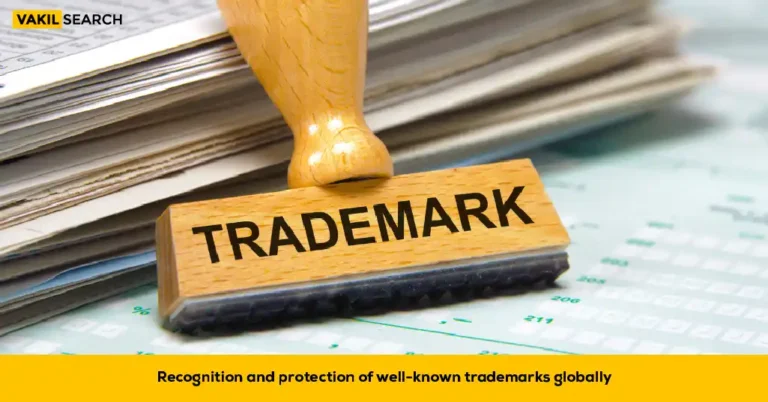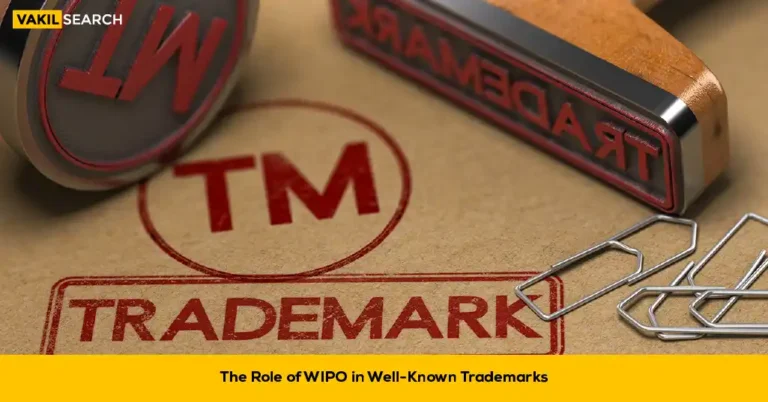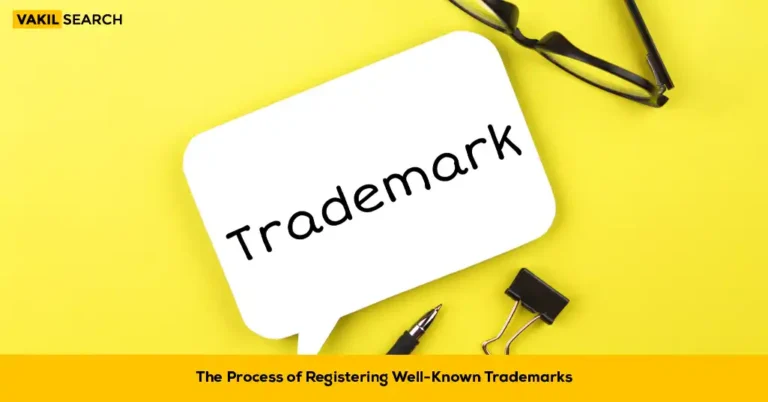Gain clarity on trademark opposition and its implications for your brand. Uncover strategies to navigate challenges and protect your trademarks effectively in the face of opposition.
Trademark Opposition – Securing trademark registration is a significant milestone for any business, as it provides valuable protection for your brand identity and distinguishes your products or services from competitors. However, the trademark registration process doesn’t always proceed smoothly, and one potential hurdle that applicants may encounter is Trademarks Opposition. In this article, we’ll explore what Trademark Opposition is, why it occurs, and what it means for your brand.
What is Trademark Opposition?
Trademark opposition occurs when a third party challenges the registration of a trademark during the publication period. This typically happens after the trademark application has been examined and approved by the trademark office but before it is officially registered.
Reasons for Opposition
There are various reasons why a third party may choose to oppose the registration of a trademark. Common reasons include a belief that the trademark is confusingly similar to an existing trademark, that it lacks distinctiveness, or that it infringes on existing rights.
Initiating Opposition Proceedings
To oppose a trademark registration, the opposing party must file a formal notice of opposition with the appropriate trademark office within the specified timeframe. The notice of opposition must state the grounds for opposition and provide evidence to support the opposition claims.
Response and Resolution
Once a notice of opposition has been filed, the trademark applicant has the opportunity to respond and defend their trademark application. This typically involves submitting evidence and arguments to refute the opposition claims and persuade the trademark office to proceed with the registration.
Potential Outcomes
Trademark opposition proceedings can result in various outcomes, depending on the strength of the opposition arguments and the evidence presented by both parties. In some cases, the parties may reach a settlement or agreement outside of formal proceedings. If no resolution is reached, the trademark office will issue a decision based on the evidence and arguments submitted.
Impact on Branding and Business
Trademark opposition proceedings can be time-consuming and costly for all parties involved. They can also create uncertainty and delay in the trademark registration process, potentially affecting your branding and business plans.
While trademark opposition can be challenging to navigate, it’s essential to respond promptly and effectively to protect your trademark rights and brand identity. Seeking the assistance of a qualified trademark agent or attorney can help ensure that your interests are represented and defended throughout the opposition process.
The Takeaway
At Vakilsearch, we understand the complexities of trademark opposition proceedings and are here to help you navigate them with confidence. Our experienced trademark agents can provide expert guidance and representation to protect your brand and secure the trademark rights you deserve.
Contact Vakilsearch today for expert assistance with trademarks opposition proceedings and protect your brand with confidence!
FAQs
What is trademark opposition?
Trademark opposition is a legal proceeding in which a third party opposes the registration of a trademark application filed by another party. It allows interested parties to challenge the registration of a mark that they believe conflicts with their own trademark rights.
Who can file a trademark opposition?
Any party with a legitimate interest in the trademark registration process, such as a competitor, a prior trademark owner, or a concerned member of the public, can file a trademarks opposition. The opposing party must have standing and grounds to challenge the registration.
What are the grounds for filing a trademark opposition?
Grounds for filing a trademark opposition may include prior rights in a similar or identical mark, likelihood of confusion with an existing trademark, descriptiveness or genericness of the mark, lack of distinctiveness, or failure to comply with formalities or statutory requirements.
How does the trademark opposition process work?
The trademark opposition process typically begins after a trademark application is published for opposition. The opposing party files a Notice of Opposition with the relevant trademark office, stating the grounds for opposition and providing evidence to support their claims. The applicant then has an opportunity to respond to the opposition.
What happens if a trademark opposition is successful?
If a trademark opposition is successful, the trademark application may be refused or rejected by the trademark office, preventing the mark from being registered. The applicant may have the option to appeal the decision or amend the application to address the grounds for opposition.
What are the potential outcomes of a trademark opposition proceeding?
The potential outcomes of a trademark opposition proceeding include dismissal of the opposition, acceptance of the opposition resulting in refusal of the trademark application, settlement between the parties, or withdrawal of the trademark application by the applicant.
How long does a trademark opposition proceeding take?
The timeframe for a trademarks opposition proceeding varies depending on factors such as the complexity of the case, the workload of the trademark office, and any delays caused by procedural issues or settlement negotiations. In general, opposition proceedings can take several months to a year or more to resolve.
What are the costs associated with filing a trademark opposition?
Costs associated with filing a trademark opposition may include filing fees, legal fees for representation by trademark attorneys, costs for gathering evidence and supporting documentation, and expenses related to hearings or appeals if the opposition proceeds to litigation.
Can trademark opposition proceedings be settled out of court?
Yes, trademark opposition proceedings can be settled out of court through negotiation or mediation between the parties involved. Settlement agreements may involve concessions or compromises on the part of both the applicant and the opposing party to resolve the dispute amicably.
What should I do if my trademark application is opposed?
If your trademark application is opposed, carefully review the Notice of Opposition and the grounds for opposition stated by the opposing party. Prepare a well-reasoned response addressing each ground for opposition and providing evidence to support the registrability of your mark. Consider seeking guidance from a trademark attorney to navigate the opposition process effectively and protect your trademark rights.










